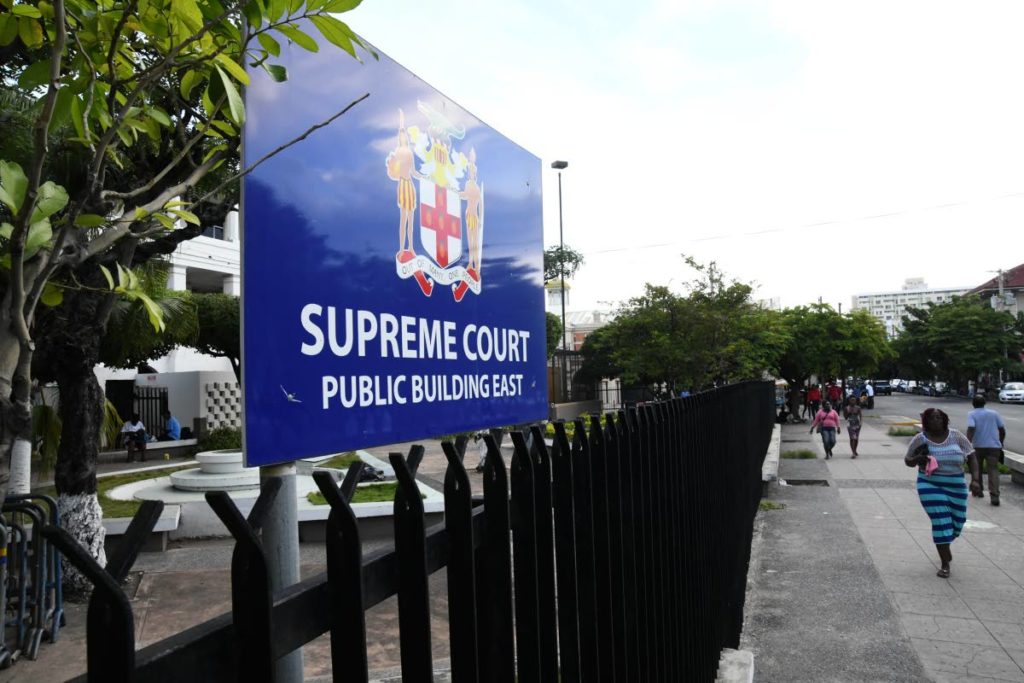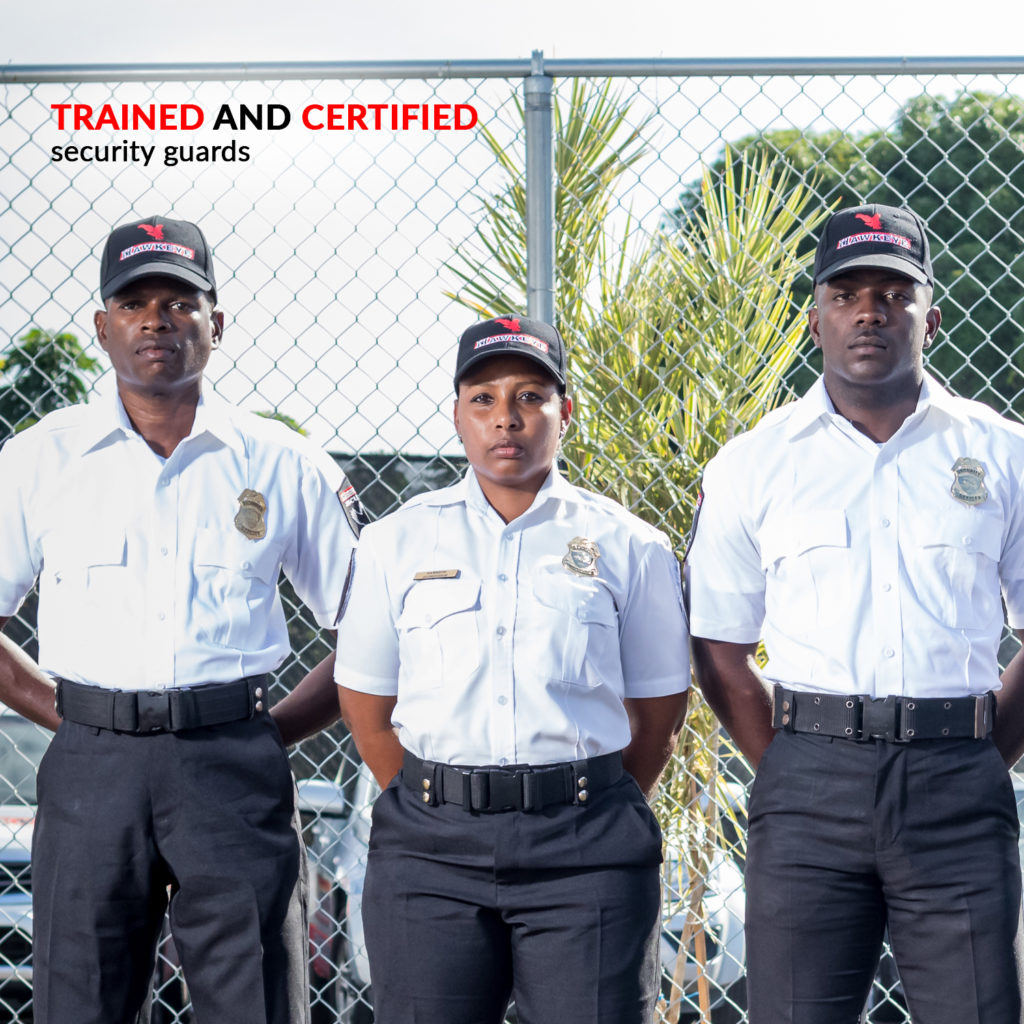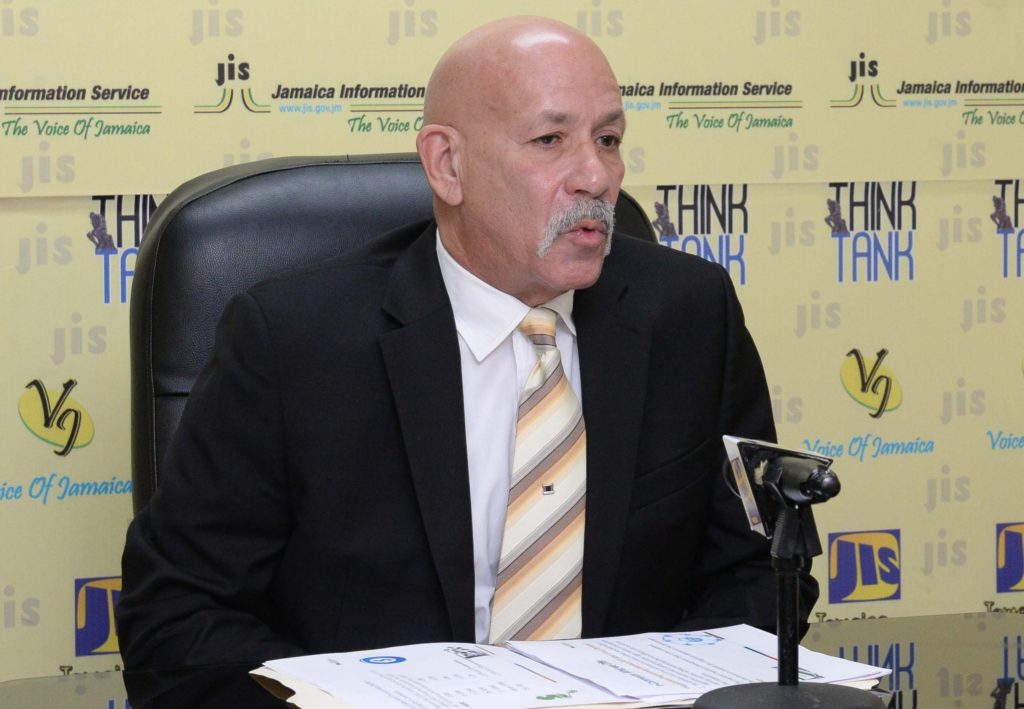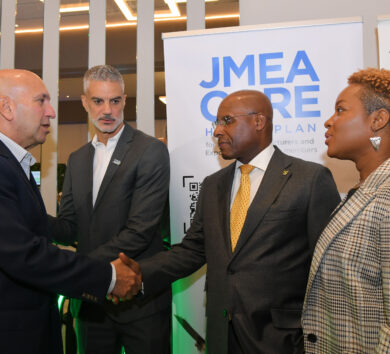

In the wake of a ruling by the Supreme Court last Friday (September 23), that identifies security guards attached to Marksman Limited as employees rather than independent contractors, the Jamaica Society for Industrial Security (JSIS) is declaring that that precedent setting move will result in a 49.6 per cent increase in costs for all private security companies.
The ruling, made in the case of National Housing Trust (NHT) v Marksman Limited, now makes employers liable under the NHT Act to pay employer’s contribution to the NHT, and makes employees eligible to paid sick leave and vacation and overtime pay once hours worked exceed 40 hours in a work week.
While in agreement with providing security officers more employment benefits, the JSIS highlighted that it was concerned by the move, which would apply to all security firms, and recommended adjustments to allow for a smoother transition.

“The most efficient industry model is a 12-hour shift [60 hours per week] and given logistical and other challenges it would not be in security officers’ interest to be rostered for 40 hours per week,” said Major Richard Reese, director of the JSIS.
The JSIS recommends six proposals to alleviate the financial impact on security officers and clients:
These include:
1. Immediate term a moratorium on all the employee statutory contributions which equates to 12.5 per cent of gross wages pending the finalisation of an equitable framework for all stakeholders.
2. Immediate enactment of legislation to change the work week from 40 to 60 hours by way of an amendment to the Minimum Wage Act
3. Consideration of the proposal to establish the category of a dependent contractor which provides for a hybrid arrangement that includes specific benefits. [this is standard in New Zealand, United Kingdom and South Africa]
4. Implementation of vacation, sick and maternity leave payments with effect from September 23, 2022 and continuing in keeping with the court’s decision.
5. Expediting the enactment of legislation to provide for a single regulatory body for the private security industry (there are currently four ministries and eight associated departments/agencies that administer aspects related to a regulatory function).
6. A framework agreement in respect of all existing government security contracts whereby the rates would be adjusted by 49.6 per cent, effective September 23, 2022 across the board as the delays associated with individual client rate negotiation, procurement approval, contract approval and payment will result in companies not being able to fund and sustain their operations in the interim.

Commander George Overton, president of the JSIS, said the Government and its institutions accounted for 65 per cent of the client market with the remaining 35 per cent in the public sector.
According to Overton, the JSIS has made proposals to the Government predating the current one and nothing has ever resulted from them.
-Send feedback to [email protected]







Comments